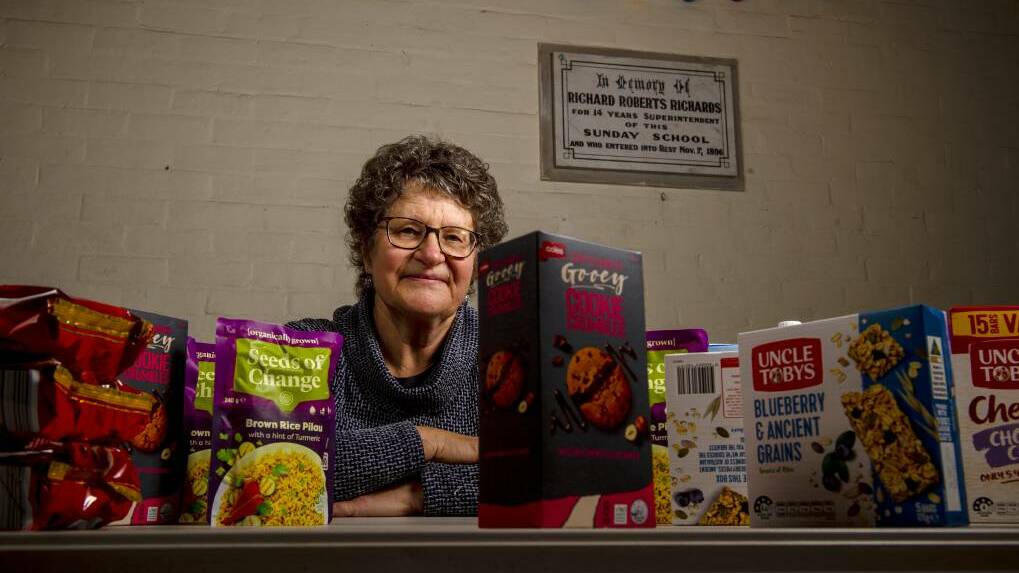
FOOD relief is one of the supports the City of Greater Bendigo invested in most through a dedicated COVID-19 community grants program.
Subscribe now for unlimited access.
$0/
(min cost $0)
or signup to continue reading
The program pumped almost $164,000 into groups helping Bendigo residents through the global pandemic.
It closed on June 30, to enable the city's usual community grants program to resume in the new financial year.
Twenty-one grants were awarded before the dedicated COVID-19 funding program closed.
About 40 per cent of the funding went towards food relief, accounting for eight of the grants.
Initiatives that shared in the $65,786 included Eaglehawk Community House, Bendigo Baptist Community Care, Saltworks, Bendigo Family and Financial Services, the Grow Cook Share Project, Loddon Campaspe Multicultural Services, The Salvation Army Bendigo, and St Matthew's Church in Long Gully.
Funding also flowed to groups involved in providing counselling, animal welfare, material support, communications, arts, and education and training.
Recipients included Lifeline, BAWCS, Chally Rescue, Sunshine Bendigo, Bendigo Community Health Services, Make a Change Australia, Bendigo Neighbourhood Hub, Discovery Bendigo, KLFM, and Choice Voices Choir.
The Greater Bendigo Relief and Recovery Committee was involved in awarding grants.
Story continues below charts
The dedicated COVID-19 program enabled the city to direct the money it would usually spend on community grants towards organisations providing direct relief and community-led recovery.
The routine community grants program, which was underway when COVID-19 broke out in Australia, was suspended for the rest of the financial year.
The City of Greater Bendigo decided to revert back to its usual community grants program in 2020/21 for several reasons.
Community partnerships manager Steven Abbott said the activities groups were seeking funding changed.
More community groups started asking for support to safely resume operations as the financial year went on.
Three grants - adding up to almost $20,000 - were awarded to help groups with "hygiene compliance".
Recipients included Goldfields Libraries, Long Gully Neighbourhood Centre and Kangaroo Flat Community House.
Mr Abbott said the city started receiving more interest in funding for "more traditional community development activities" as restrictions wound back.
"It was hard for me to justify funding arts projects and community development projects under the tight scope of a pandemic brief," he said.
Resuming the usual community grants program in 2020/21 allowed for a broader pool of applicants to be considered for funding.
"We are especially encouraging groups to apply that see themselves as being able to play a role in relief and recovery," Mr Abbott said.
He was doubtful the city would need to reintroduce a dedicated COVID-19 community grants program, even as the state was on the brink of a second wave of infections.
"There is a lot more resourcing and support out there than there was in the very beginning," Mr Abbott said.
Applications for medium, small and 'community group essentials' grants are open through the city's routine community group grants program.
Expressions of interest for large grants open on July 20.
The city will be making grant writing information and resources available on its website, in lieu of face-to-face grant writing workshops.
It has encouraged people to visit its website for more information: bendigo.vic.gov.au/Services/Community-and-Care/Community-grants


